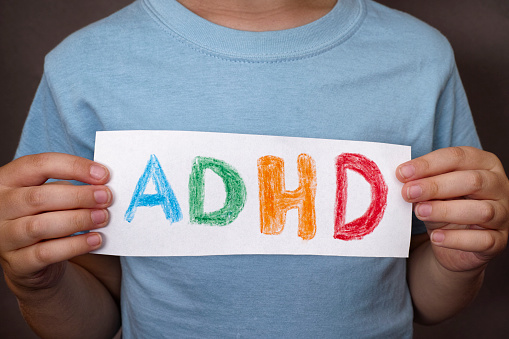Eating disorders and depression incidence found to be higher in athletes
Eating disorders and depression incidence is found to be higher in athletes. On average, athletes are three times more likely to develop an eating disorder. Additionally, much evidence has supported a strong association between depressions and eating disorders. Although it may seem that being exceptionally fit and talented would ward off eating disorders and depression, ...click here to read more





